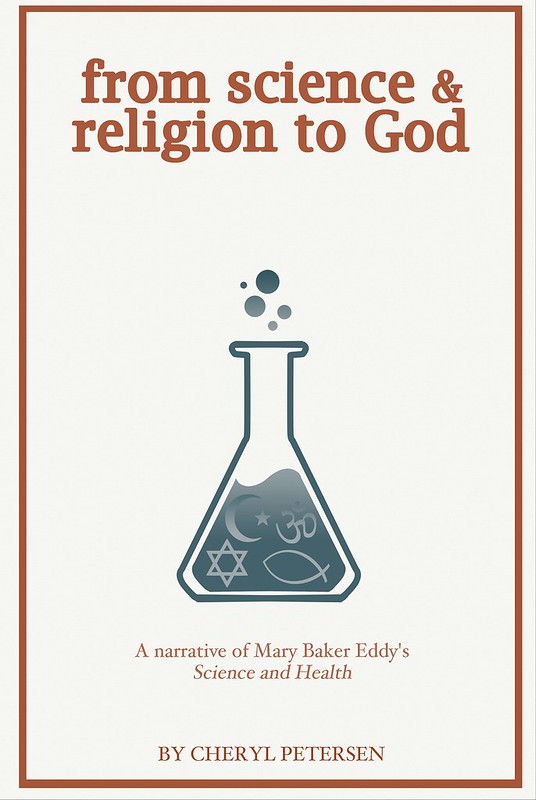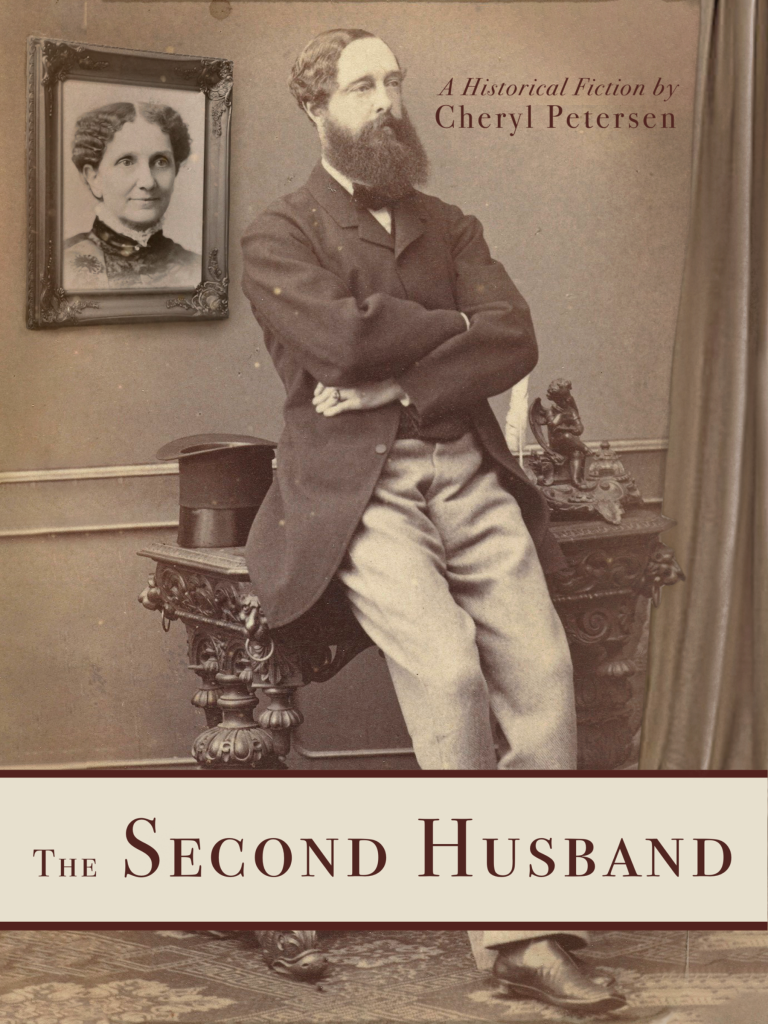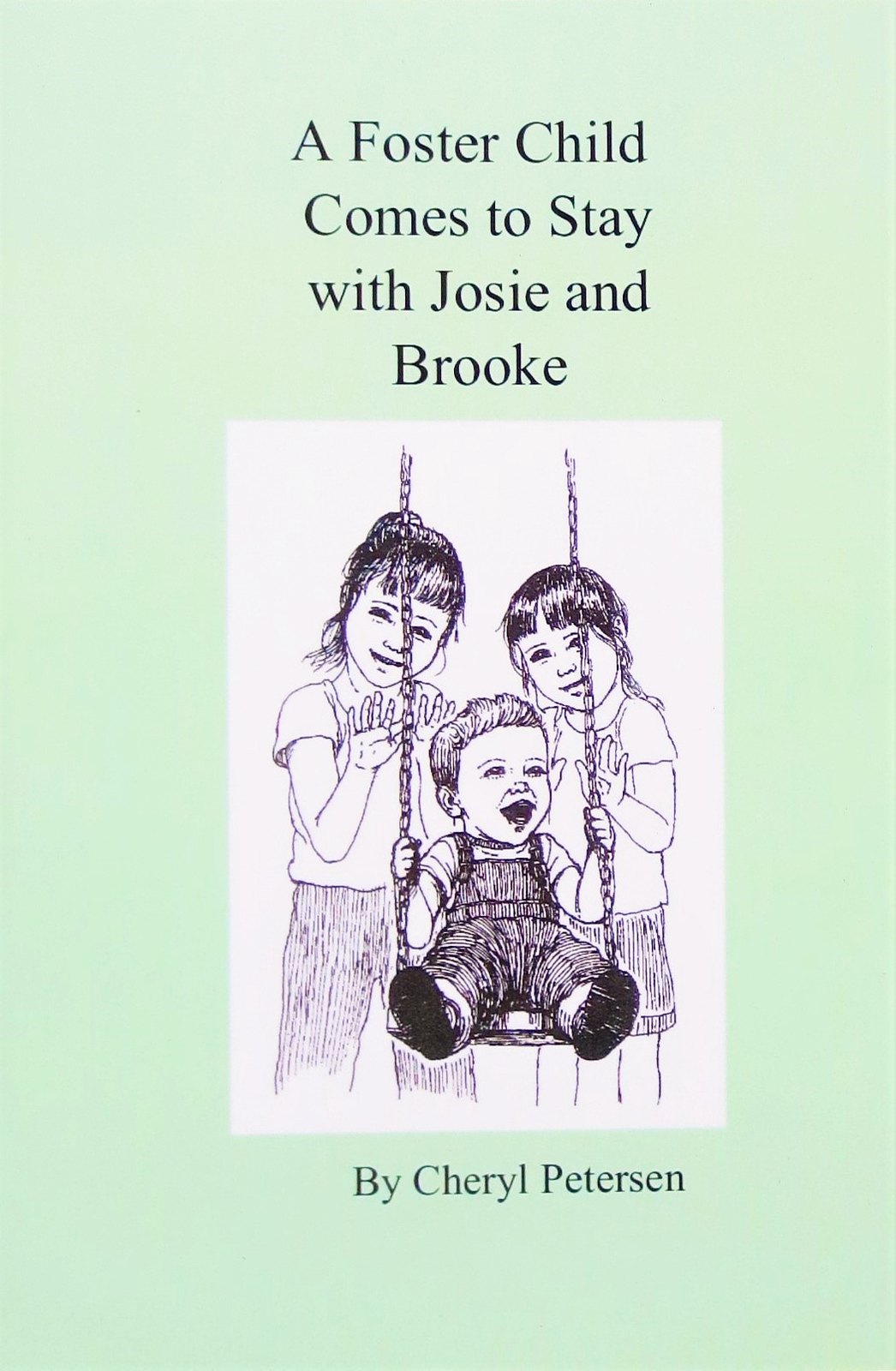Tag Archives: bible study
Trying to Get Out of the Wilderness
We’ve been discussing Moses and his dealings with the children of Israel. They are now all sitting in a wilderness. To an outsider, they probably looked busy, maybe even prayerful, however, there was an obvious lack of spiritual power and growth.
At some point, Moses is inspired to gather 12 leaders and send them to the land of Canaan, outside the wilderness.
Pretending to be spies, the twelve men go to Canaan and scout out the region. They return with their report. All of the spies, except Caleb and Joshua, say, “We can’t overtake the people of Canaan.”
Caleb and Joshua feel differently, and tell the people, “We think we can move out of this wilderness and into the promised land.” These 2 men were ready and willing to tackle new ideas.
Fear and sloth though swelled and the majority decided to stay in the wilderness, convinced their way was “the way.” But they died. And rotted.
40 years later, when the tide shifted and there were more people who knew they could move forward than there were nay-sayers, Caleb and Joshua led the way into the land of Canaan.
It isn’t that life then became hunky-dorry, but that the people’s minds showed some progress. For forty years, no progress was evidenced, only death. Now, they were forced to interact and think.
I doubt that during those 40 years, Caleb and Joshua were waiting around for the nay-sayers to die. I doubt Caleb and Joshua gave up on God either. There is no mention in the Bible that Caleb and Joshua took it upon themselves to strike out on a vendetta against the old ways.
They knew God and progress were the law, but they also knew it was their responsibility to manifest God and progress. Caleb and Joshua must have continued in their understanding of God and experienced it to a higher degree each day, while manifesting evidence of progress, even while in the wilderness.
Entering the Wilderness
Our daughter has been talking about the Bible story of Moses leading the children of Israel. So, I thought I’d look into it.
Moses led the children of Israel out of Egypt, a challenging task considering Pharaoh didn’t want to let his unpaid servants (the children of Israel) go. But, Moses told Pharaoh, the people’s intent was to worship God. Pharaoh, still unconvinced that it was a good idea to let the people go, had to experience a series of unpleasant occurrences before finally saying, “Fine, you can leave.” And, the children of Israel escaped to the wilderness. After they were gone a little while, Pharaoh was disgusted with himself and began a hot pursuit of the children of Israel, to bring them back.
When reading about the escape, I noticed the writer had added a rather dramatic scene to the end of the fleeing episode. Moses came to the Red Sea and parted it. The water split and the mass of people walked over dry ground to the other side, into the wilderness. (Exodus 14)
Interestingly, when Pharaoh and his soldiers tried to get through the Red Sea, all the water came crashing back on them, killing them. Maybe… when we are moving forward with the intent to worship or express God, there are some things that no longer pose a threat.
I can relate all of this to my own mind, but usually without the incredible unpleasantness or excessive super-action.
When I went to college, to express intelligence, my old knowledge didn’t bring me back.
Or, when I got married, old boyfriends didn’t capture my attention. I moved forward in my effort to learn about love and life and faithfulness.
Ties to outgrown jobs have been severed, allowing me to focus on new ideas and progress.
The list could go on however I’m seeing that progress does include leaving behind a status-quo, yet with the promise that the old is unable to take me back.
King James Bible and the Reader
Writers hear rumors about book sales dropping. Bummer. Makes me wonder if writing is worth it. Who will read the words?
Depends on how I define read. If I go with the typical definition of reading as a person who sits in front of a book and repeats words written by others, it’s depressing. But, if I define reading as examining, researching, or understanding, the writer’s life looks up. We can write for TV, the movies, or internet. Our very lives are our very own words. And, if those words or expressions, are riveting, they will be read.
The other day, I read an article from Smithsonian Magazine, titled, God, Government and Roger Williams’ Big Idea, written by John Barry, from which these two sentences grabbed my mind, “In 1604, believing the existing English Bibles did not sufficiently emphasize obedience to authority, he [King James] ordered a new translation; what became known as the King James Bible satisfied him on that point. In politics, he injected the theory of the divine right of kings into English history and claimed that ‘the monarch is the law.’” Of course, people today do not read the KJV of the Bible the same way they did centuries ago. How many of us believe a Monarchy has the divine right to dictate law? Not happening.
In my work of revising Science and Health, I realized how important it was not to inject into religion the theory of a divine right of church leaders to interpret words as if their interpretation was law.
To read something is to have an idea solidify in the mind as something to act on. And, action that lasts is action rooted in divine ideas, not in theory. Fewer and fewer people will be able to act on the theory of monarchal rule. Roger Williams concluded, “That God’s will was better discerned by individuals than by institutions.”
Reading isn’t so much an exercise of the eyeballs and brain. Reading is awareness, a connection between thought and action. It can occur when we are writing, or when we are interacting in the public, or when we have our nose in a book.
Max McLean Reads the Bible without Anger
I frequently listen to Max McLean, narrator of the Listener’s Bible, on my iPOD, especially at night before going to sleep. McLean does an excellent job of blending vivid expression and theological comprehension to make listening to the Bible interesting and rewarding.
Last night, I was listening to the Psalms and a picture of clarity popped into life. McLean read from Psalm 95, “For forty years I was angry with that generation; I said, ‘They are a people whose hearts go astray, and they have not known my ways.’” This was supposedly God reminiscing about pulling the children of Israel out slavery only to have them not credit or respect God. So, the children wandered around in a desert for forty years while believing God was angry with them.
We interpret everything through the lens of our own mental attitude, and my attitude is such that I don’t have an angry God. Needless to say, the Bible appeared to contradict my sense of God as peaceful and just an all-around wise yet composed Being, able to guide all thought in a way that brings satisfaction, not anger.
Anyway, the picture of clarity was that as much as I view my own reality through my own mental attitude, the children of Israel did also. Their mental attitude however was whining about not having enough food consequently all they could sense was an angry God. God wasn’t angry. The human perception was annoyed, indignant, irate, therefore, that is what they automatically pinned on God.
Lessons learned: I can trust the view of a peaceful strong God that manifests an uncomplaining attitude. And, Max McLean did a bang-up job of recording the Bible.
Unclogging the Wheel
People ask me if I teach classes on Christian Science. Currently, the Christian Science milieu is awkwardly moving into a new phase and so I answer, “No, I don’t teach Christian Science in a formal setting.” The demand at hand is to generate tools for continued learning and that is where my energy is placed. Teaching Christian Science requires more than a love of its logic and beauty. It requires honesty and a serious boldness to challenge some of the decades-old tenacious myths and misinterpretations that have grown up around Christian Science, around the book most commonly used to study Christian Science, and its discoverer, Mary Baker Eddy.
The book most commonly used to study Christian Science, Science and Health with Key to the Scriptures by Mary Baker Eddy, requires a pre-requisite course on 19th century history and language in order to be understood effectively. The history course allows for the undoing of established fiction that calcified into fact during the last half of the 20th century. Fiction, created and sanction by human beliefs, clogs the flow of understanding Christian Science. A few fictitious blockages are: the King James Version of the Bible is revered as closer to the truth than other Bibles, medical professionals work against Christian Science, the common person can’t discover and write about Christian Science, and Christian Science is authorized by members of a Church.
The resurgence of interest in spirituality and Mind-healing begged for a revision of Science and Health. Following Eddy’s pattern of revision and update (she revised her book over 300 times) 21st Century Science and Health was produced and is now going into its 4th edition. Click here for a free download of Some Misconceptions Debunked, to join the forward movement that is unclogging the wheels of Christian Science and discovering our innate ability to understand and practice Christian Science effectively, on our own with God.
Here is a recent letter I received:
Cheryl,
I got the kindle version of 21st Century Science and Health. I appreciate your work and your path. I am an acupuncture doctor. I have always been acutely aware of Mary Baker Eddy’s work. Until I ran across your work, though, I didn’t think a bridge could exist between my path, Eddy’s path, and especially the path of the institution currently designated as Church of Christ, Scientist. The fact that you recognize that doctors are often on a spiritual path (and NOT just evil mesmerists) is of immense importance!!
Your work is a breath of fresh air. Many thanks.
Sincerely,
R.N.
Checking Out Ladies Home Journal
The August 2011 edition of Ladies Home Journal contains an interview with Dana Delany, a character on Body of Proof. The part was intended for a 35 year old women but Delany, who is 55, got the role. How does she stay beautiful and young? By liking who she is. Delany said, “I also find that the less I focus on the external, the more attractive I am. When you stop thinking about what you look like you naturally look better.”
Also in the August edition was an article on finding more time in our day, or rather about no longer falling prey to the time suckers of staring into the fridge, checking emails and Facebook, worrying about what to wear, or watching TV. Time can be spent better. There are plenty of healthy activities to join in on and we all have talents that need developing.
Focusing on the internal, or our spiritual nature, comes with benefits. We don’t need to give the world, or other people’s opinions about who we should be, so much attention. Uniqueness, beauty, balance, health, strength, love-ability, and joy were created, and we were created to image these forth.
“And why do you worry about clothes? See how the flowers of the field grow. They do not labor or spin. 29 Yet I tell you that not even Solomon in all his splendor was dressed like one of these.” (Matthew 6:28-29, NIV)
Feeding the Wolf
Two Wolves
One evening an old Cherokee told his grandson about a battle that goes on inside people. He said, “My son, the battle is between two wolves inside us all.
One is Evil- It is anger, envy, jealousy, sorrow, regret, greed, arrogance, self-pity, guilt, resentment, inferiority, lies, false pride, superiority, and ego.
The other is Good- It is joy, peace, love, hope, serenity, humility, kindness, benevolence, empathy, generosity, truth, compassion and faith.
The grandson thought about it for a minute and then asked his grandfather: “Which wolf wins?”
The old Cherokee replied, “The one you feed.”










